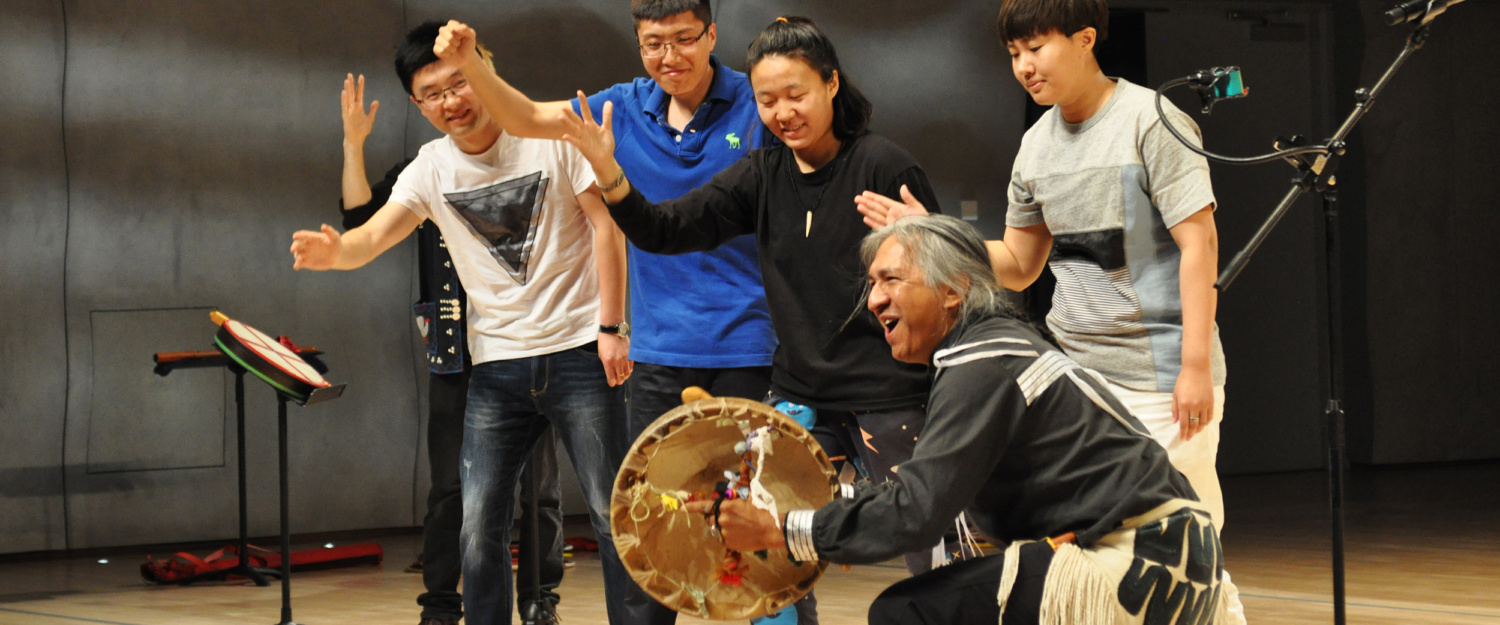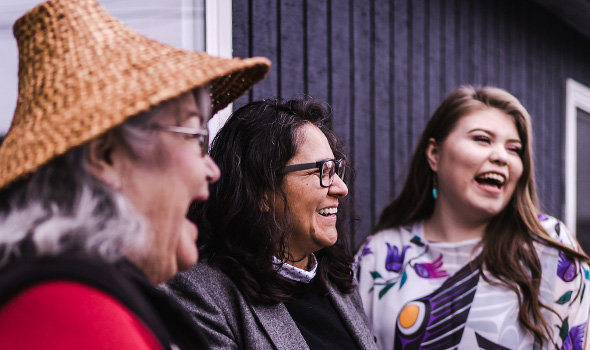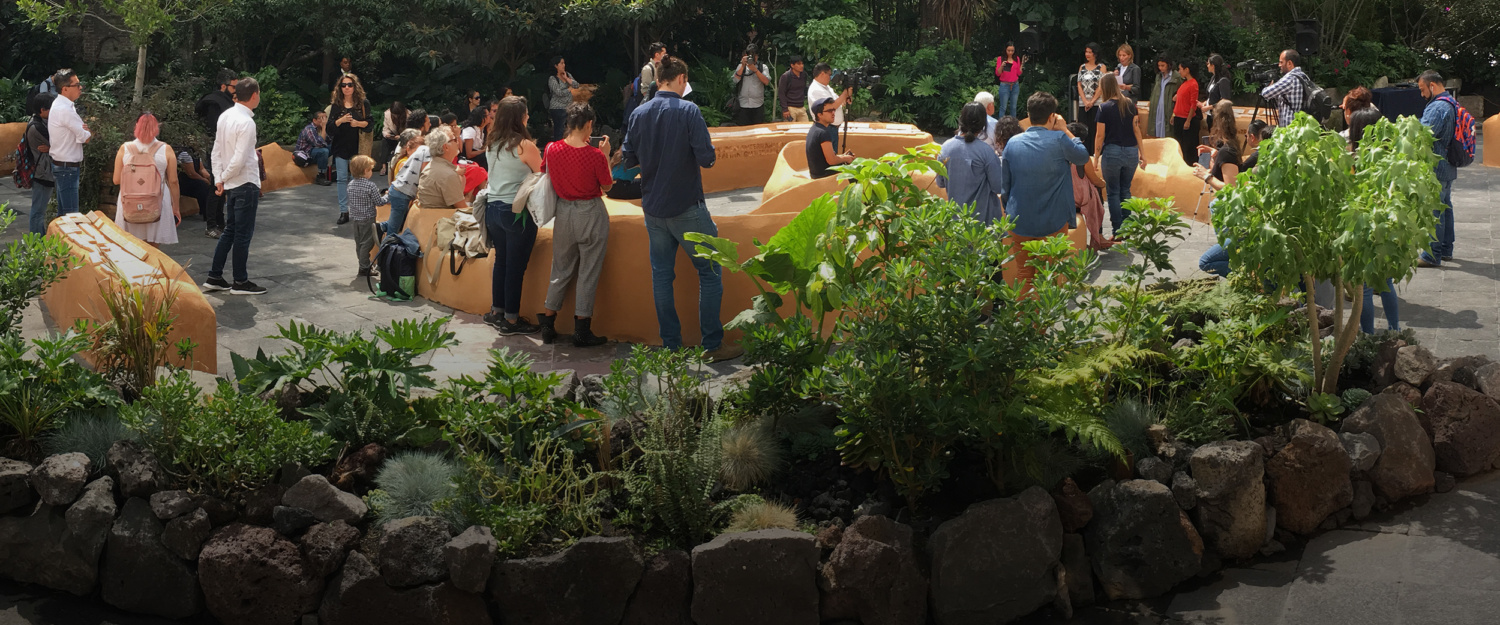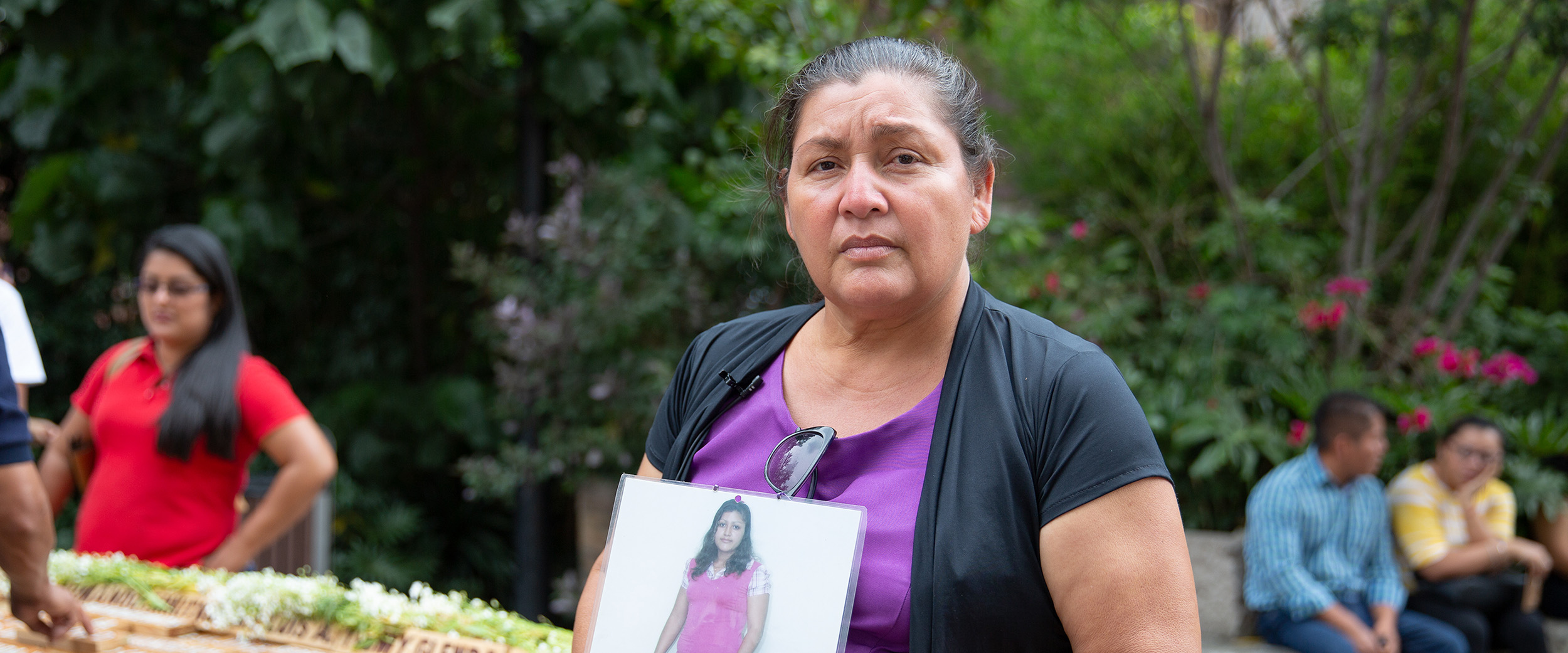
Narrative as a Tool for Social Change
Services
Focus Areas
The narratives we accept—and the narratives we reject—reveal something about ourselves and the world we see.
Narratives represent the aggregation of stories we see, hear, and experience over time. These stories can be passed down in oral tradition from one generation to another, repeated endlessly in our preferred news sources, and reflected in pop culture. But, story is also reflected and communicated by our environments (including the built environment) and our lived experiences. The contemporary lived experience of systemic racism, for example, tells the historic and continuing story of inequity in every aspect of American life.
Story and narrative, therefore, are communicated in both literal and figurative ways. They’re tangible and intangible, spoken and unspoken.
For those seeking to change a status quo rife with inequity and injustice—and to advance a more just and sustainable world—narrative can be among the most powerful tools. That’s because narrative both reflects and shapes our mindsets, what we see as normative, what we accept without challenge, and what we tolerate (or actively promote and protect) in the systems, policies, and practices that surround and impact us.
Narrative change is not just a communication challenge.
In fact, story and narratives that are advanced only through communication—without consideration for the social norms and the policies, systems, and practices that shape our environments and lived experience—are more likely exercises in “spin” than a reflection of real and substantive change.
At MG, we have been privileged to work alongside our clients in employing narrative change to address inequities and disparities in public health, promoting clean energy and environmental justice, advancing the cause of freedom and democracy in the face of rising authoritarianism, and more.
Here are just a few examples:
- Advancing a Well-Being Narrative: A well-being narrative guide that presents insights and initial recommendations for narrative change. Findings are based on collaboration with grassroots organizations and well-being practitioners, as well as testing with business leaders and policy influencers, to develop a well-being narrative. Developed with RAND Corporation with funding from the Robert Wood Johnson Foundation.
- How Cities Can Redefine Progress Toward Equity for Well-Being: A National League of Cities message guide for cities interested in putting equity at the core of their decision-making, making the case for holistic data to inform policies and budgets centered in well-being.
- Migration Narratives, Policy and Power: Migration narratives are intimately connected to the design and implementation of policies as well as to shifts in political power that affect not just newcomers, but the health of communities and countries as a whole. Metropolitan Group, the Migration Policy Institute, the RAND Corporation, and the National Immigration Forum researched migration in five countries and published a comprehensive report on the issue.
- Shifting Narratives to Create a Just and Sustainable World: MG created this narrative social change tool as a resource to explain how narrative shapes our mindsets and perspectives, what we see as “normal,” what we accept without challenge, and what we tolerate in the systems and structures that impact us.
- Countering Corruption through Social and Behavior Change (SBC): The United States Agency for International Development (USAID) Anti-Corruption Task Force commissioned MG to conduct research on the use of SBC approaches to address social norms and behaviors related to corruption, and develop recommendations on how these approaches might be used to improve current and future anti-corruption activities. The result was a final analysis report detailing key SBC takeaways from the research.
- Advancing Justice in Mexico: Corruption, impunity, and violence are longstanding realities in Mexico. Groups formed by the relatives of missing people have identified impunity as an underlying factor in the disappearance of their loved ones. They have sought support to better use strategic communication as a social change tool to amplify their call for change and influence policymakers.
- Reset the Table: Transforming the U.S. Food System: In seeking to reshape the U.S. food system, The Rockefeller Foundation partnered with MG to engage a wide range of leaders from all sectors with diverse food system perspectives in developing a policy agenda and call to action. We also led a comprehensive research effort to identify a new narrative, captured in this message guide.
To learn more about narrative as a tool of social change, please contact Kevin T. Kirkpatrick, narrative@metgroup.com
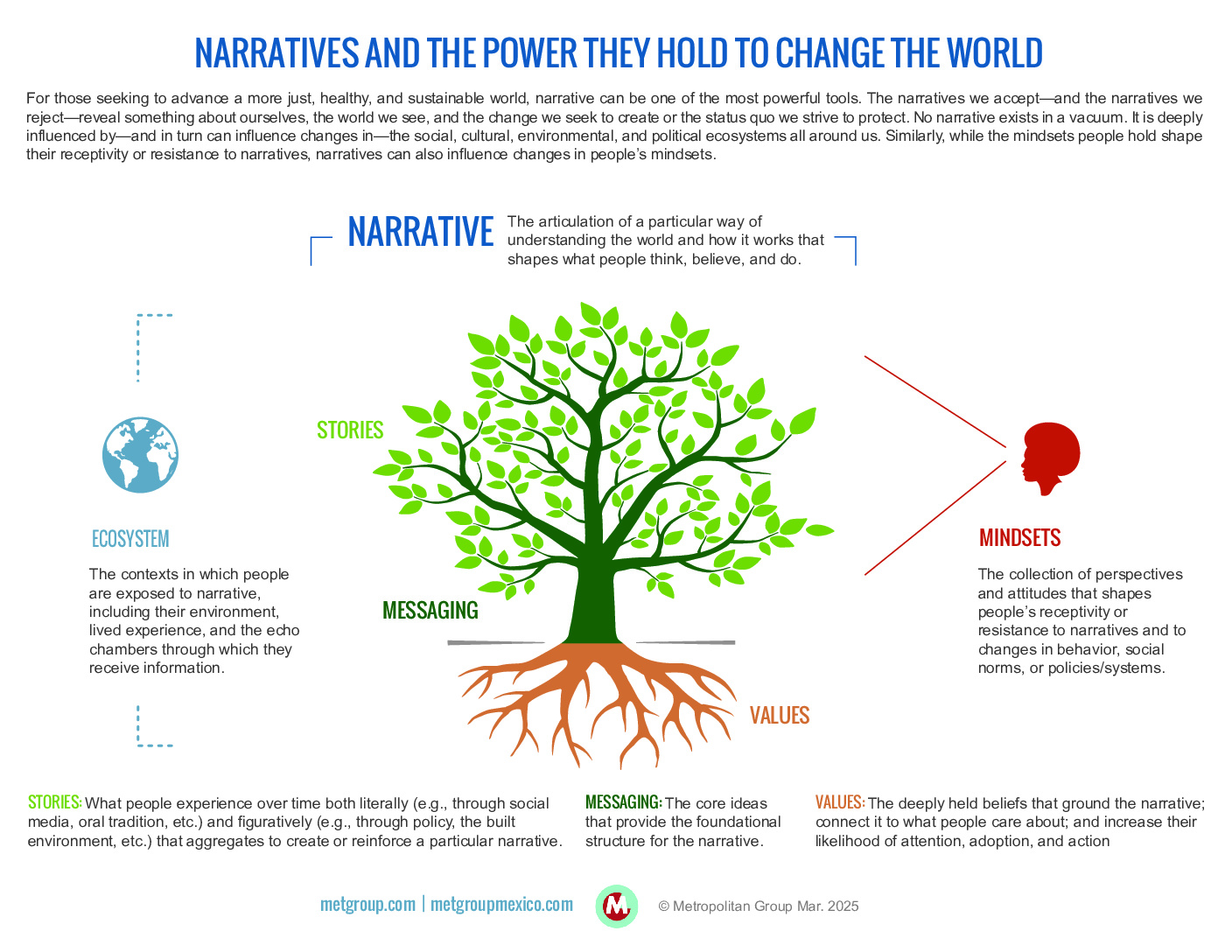
Narratives encompass values, messaging and stories
